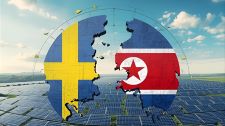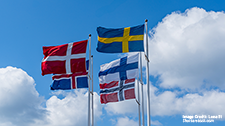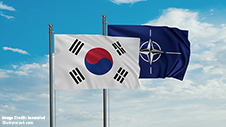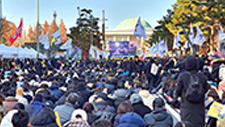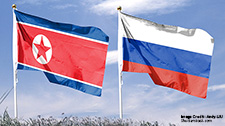North Korea’s Ascension as a Global Player: Security Implications and Diplomatic Challenges
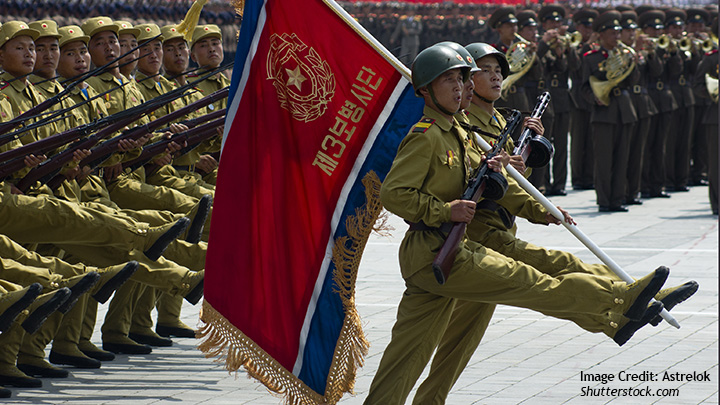
Gabriela Bernal
Over the past few years, North Korea has undergone a dramatic transformation from an isolated pariah state to an increasingly influential global actor, reshaping security dynamics in Asia and beyond. Kim Jong Un’s international standing, elevated by the Trump summits of 2018–2019 and then again through Pyongyang’s deepening alignment with Moscow since 2022, has direct security implications that reach far beyond Northeast Asia. These developments demand that the U.S. and its allies adapt their strategies to counter the growing threat posed by Pyongyang.
The structural shift in North Korea’s global position carries profound implications, including accelerated North Korean military modernization through Russian support; diminished South Korean leverage in inter-Korean relations; heightened risks of multi-theater great-power conflict involving the U.S., China, and Russia; and increased European exposure to DPRK military activity. To tackle an increasingly emboldened Kim Jong Un, Washington must urgently prioritize getting the North Koreans back to the negotiating table to prevent deeper DPRK-Russia military cooperation and further enhancement of North Korea’s nuclear and conventional military capabilities. While this may require the U.S. to “acknowledge” the DPRK as a nuclear weapons state, continuing down the current path could prove far more risky to the U.S. and its allies in the long term.
